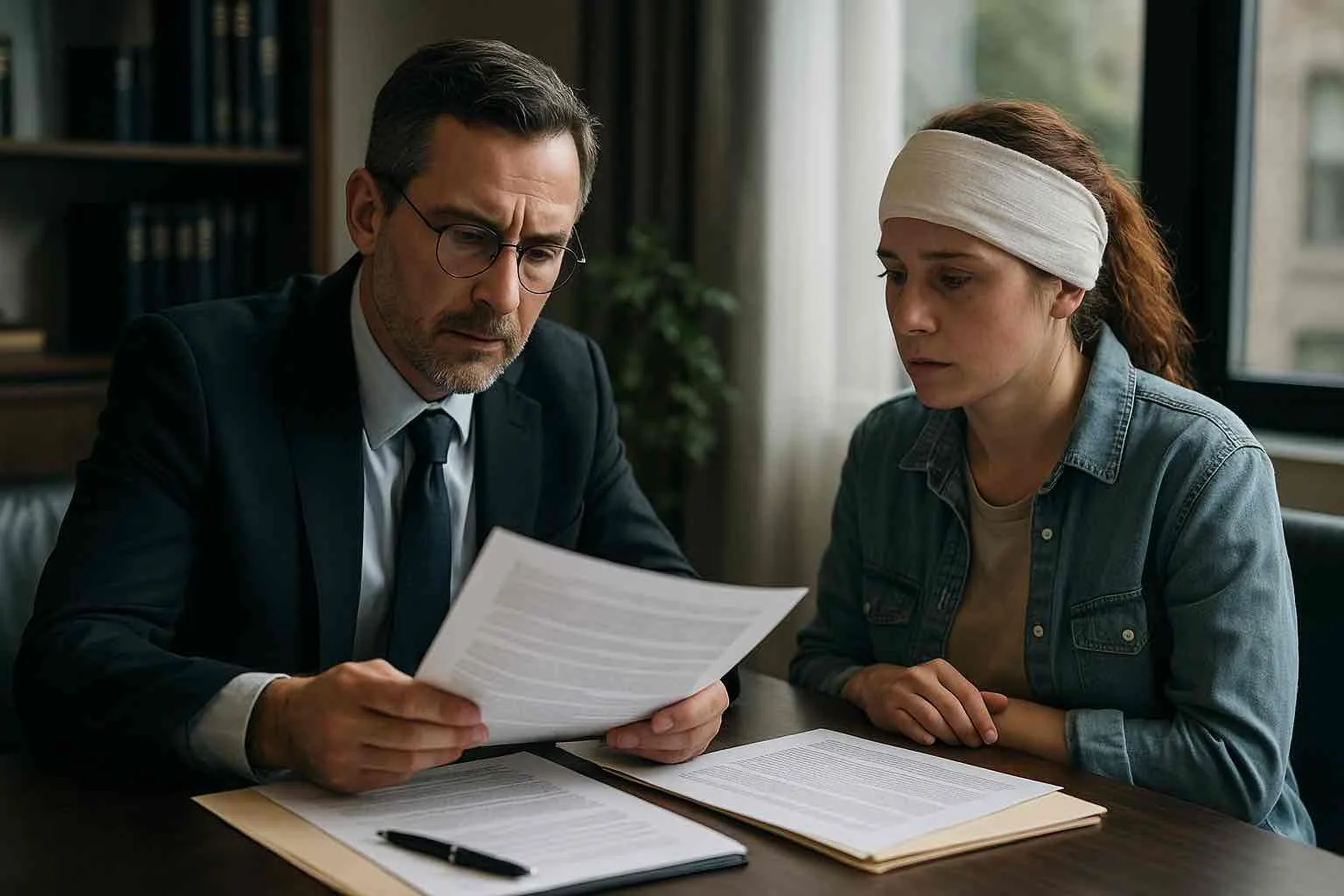A skilled truck accident lawyer helps protect your rights, handles insurers, and fights for the compensation you deserve.
ELEVATOR ACCIDENT CASES: WHAT YOU NEED TO KNOW
Let’s talk about elevator accident cases. Most people don’t really think about them, but when an elevator goes wrong, the results can turn your life upside down. We ride these things every day—in offices, malls, apartment buildings. When something breaks or someone messes up, the injuries can be life-changing. So, if you ever get tangled up in an elevator accident, knowing how these cases work, who’s responsible, and what your rights are can make a huge difference.
WHY SHOULD YOU CARE?
Well, elevators are complicated. They need regular checkups, careful maintenance, and people who actually follow safety rules. One mistake—someone skips an inspection, a part fails, or a technician cuts corners—and suddenly you’re dealing with broken bones, head injuries, or worse. And it’s almost never just one person’s fault. Building owners, maintenance crews, manufacturers, property managers—they can all be part of the problem. So, figuring out who’s on the hook isn’t always simple.
WHAT ACTUALLY GOES WRONG WITH ELEVATORS?
- ⚙️ Mechanical issues—cables snapping, brakes failing, or doors jamming.
- 🔧 Lack of maintenance—sensors failing or warning lights not working.
- 👷 Human error—wrong buttons, unlocked controls, or skipped safety steps.
- 🏗️ Manufacturing defects—bad design, cheap parts, or assembly flaws.
- 🚫 Overloading—too many people piling in and pushing the limits.
WHO’S ACTUALLY RESPONSIBLE WHEN SOMETHING HAPPENS?
- 🏢 Property owners—must keep their buildings safe and hire qualified maintenance teams.
- 🧰 Maintenance companies—should catch and fix problems before accidents happen.
- 🏭 Manufacturers—liable if the elevator had a defect from the start.
- 💼 Employers—responsible under workers’ comp if it happened at work.
HOW TO BUILD A STRONG CASE
When you’re building a case, the details matter. Someone has to dig into the elevator’s history—maintenance logs, inspection records, witness accounts. Lawyers team up with engineers or technical experts to figure out if poor maintenance, human error, or a product defect caused the accident. Video footage, emergency reports, and injury records all help piece together what went wrong and who should pay.
WHY LAWYERS MATTER
Lawyers matter here. A good attorney knows how to sort through the mess, deal with insurance, and make sure no one dodges responsibility. They handle the paperwork, file the court documents, round up expert witnesses, and usually, they only get paid if you win. That means you don’t have to worry about legal bills while you’re trying to recover.
WHAT YOU CAN GET IF YOU WIN
- 💊 Medical expenses—hospital bills, surgeries, therapy, and ongoing treatment.
- 💼 Lost wages—income you missed while recovering or future earnings if you can’t return to work.
- ❤️ Pain and suffering—physical and emotional stress compensation.
- 📦 Property damage—covers any personal items destroyed in the accident.
- ⚖️ Punitive damages—for cases involving serious negligence or recklessness.
WHY THESE CASES GET MESSY
Still, elevator accident cases can get messy. The people in charge tend to blame each other—building owners point at maintenance companies, maintenance blames the manufacturer, and so on. All this finger-pointing drags things out, so having a sharp lawyer makes all the difference in cutting through the noise and proving who’s actually at fault.
HOW TO PREVENT ELEVATOR ACCIDENTS
- 🧾 Keep up with inspections and maintenance schedules.
- 🧑🔧 Hire certified technicians with proper training.
- 🚨 Run safety drills and load tests regularly.
- 💡 Ensure proper lighting and clear warning signs.
WHAT TO DO IF YOU GET HURT
- 📞 Report the accident immediately and document everything.
- 📸 Take photos and gather witness information.
- 🏥 Get medical attention, even for minor injuries.
- 👨⚖️ Contact a lawyer right away—don’t delay your case.
- 🕒 Act fast before legal deadlines cut off your rights.
FINAL THOUGHTS
Of course, the best case is not getting hurt in the first place. Building owners need to keep up with inspections and hire certified techs. Regular safety drills, load tests, and decent lighting around elevators can all help. Simple stuff like warning signs goes a long way. And if you do get hurt? Don’t wait around. Legal deadlines sneak up fast, and waiting too long can kill your case before it starts. So, if you’re caught in an elevator accident, move quickly, get help, and make sure you know your rights.





